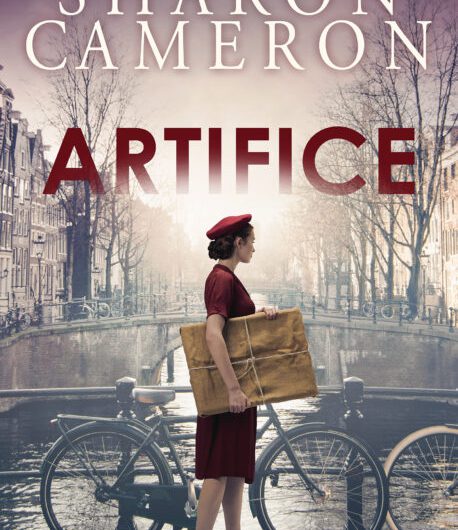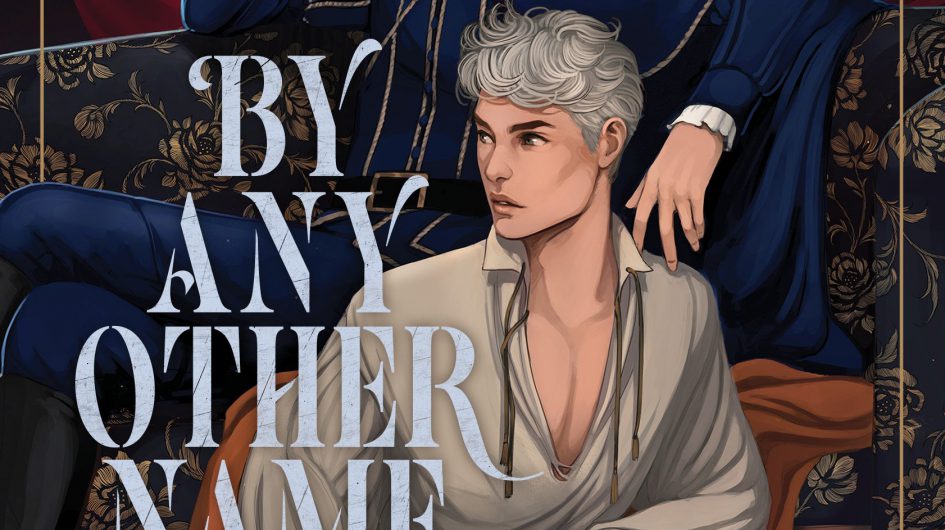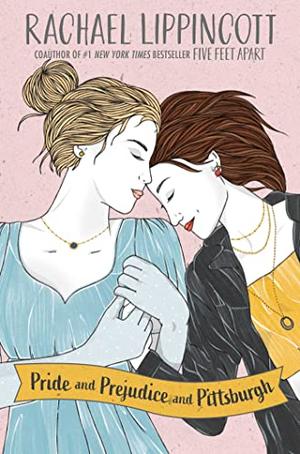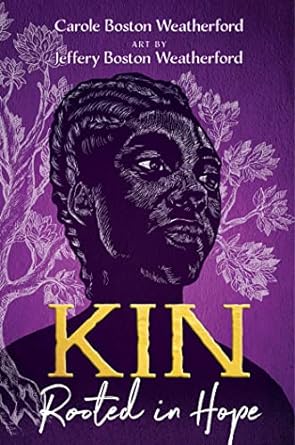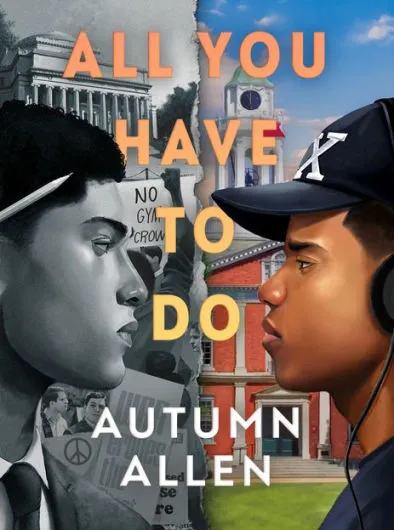Under the Surface by Diana Urban
Ruby Hale, who avoids confrontation and spiders, hopes to be a travel influencer. Given that interest, she films, edits, and posts content to her YouTube Show, Ruby’s Hidden Gems. Seeing the feats other cultures have achieved and the architecture that they’ve built all speak to Ruby’s soul. So, when her French class schedules a trip to France, Ruby is beyond excited. She wants to soak in as much of the world as she can in order to earn her way to exploring more of it. Once Ruby reaches Paris, her adrenaline junkie friend Valerie Moreau encounters a young man named Julien who offers a tourRead More →





